Cologne's reputational heyday came during the division of Germany, when it became the centre of the West German art market, with Art Cologne, the world’s oldest commercial art fair, a highlight every year.
But after the fall of the Berlin Wall, all eyes shifted to the country’s new capital and have scarcely looked back since.
Despite this sudden usurpation, Cologne still remains a hub of creativity with a rich emerging cultural scene joining established old favourites.
Here is my quick overview of the places where you'll find some of the most beautiful art (and most clued-in culture vultures):
(function(d, s, id) { var js, fjs = d.getElementsByTagName(s)[0]; if (d.getElementById(id)) return; js = d.createElement(s); js.id = id; js.src = “//connect.facebook.net/en_US/sdk.js#xfbml=1&version=v2.3”; fjs.parentNode.insertBefore(js, fjs);}(document, ‘script’, ‘facebook-jssdk’));
Ausstellungseröffnung “LUDWIG GOES POP”, Laufzeit der Ausstelung 02.10.2014 – 11.01.2015Foto: Rheinisches Bildarchiv /Museum Ludwig/Kim Pottkämper
Posted by Museum Ludwig Köln on Thursday, October 9, 2014
Cologne’s answer to The Tate Modern or MoMa, Museum Ludwig represents the most important trends in art from the beginning of the 20th century to today. It is home to one of the largest collections of Pop Art in Europe and its dynamic program offers internationally-acclaimed exhibitions, regular lectures and a weekly film forum.
2. Gerhard Richter in Cologne Cathedral
Das wunderschöne Fenster von Gerhard Richter. #köln pic.twitter.com/Ej45bVPQ38
— Leo (@l3ocat) October 14, 2014
Cologne's Gothic cathedral houses a huge work from Germany’s most famous living artist: Gerhard Richter. In 2003, Richter was chosen to re-design the cathedral’s south-facing stained glass window.
The result is an impressive 113-metres squared abstract collage of 11,500 pixel-like glass squares in 72 colours that has to be seen to be believed.
3. Ebertplatz Passage
The underpass surrounding Ebertplatz subway station is home to several off-space galleries, like Tiefgarage, Gold und Beton, Labor Ebertplatz or Bruch & Dallas.
For the last few years, this relatively run-down area has striven to draw in a different crowd through the offering of arts and cultural events.
With underground concerts, buzzing parties and a feel for Cologne’s independent art-scene, Ebertplatz is where it’s at.
(function(d, s, id) { var js, fjs = d.getElementsByTagName(s)[0]; if (d.getElementById(id)) return; js = d.createElement(s); js.id = id; js.src = “//connect.facebook.net/en_US/sdk.js#xfbml=1&version=v2.3”; fjs.parentNode.insertBefore(js, fjs);}(document, ‘script’, ‘facebook-jssdk’));
Posted by Temporary Gallery on Friday, June 19, 2015
Since 2014 Temporary Gallery art hall has received city funding as a New Centre for Contemporary Art in Cologne. It regularly invites international curators and researchers for co-operative projects and offers a diverse range of shows and events which, explore and encourage the debate around contemporary art today.
5. King Georg
(function(d, s, id) { var js, fjs = d.getElementsByTagName(s)[0]; if (d.getElementById(id)) return; js = d.createElement(s); js.id = id; js.src = “//connect.facebook.net/en_US/sdk.js#xfbml=1&version=v2.3”; fjs.parentNode.insertBefore(js, fjs);}(document, ‘script’, ‘facebook-jssdk’));
© Anna KallageAutor Stefan Weidner und Moderator Christian Werthschulte
Posted by Akademie der Künste der Welt / Köln on Monday, March 9, 2015
Formerly a house of ill repute, King Georg was taken over in 2008 and turned into a bar and concert venue.
Whilst its low-lit interior and leather-bolstered bar maintain a sense of smutty charm, the place has quickly become one of the city's best-loved hangouts.
A packed line-up of independent bands and local DJs make it the perfect spot to drink and dance the night away.
6. Gewölbe
If it’s international DJs that you’re looking for, then head to Gewölbe.
As well as having good connections to Cologne’s own Kompakt label, the club offers a consistent programme featuring top electronic acts from across the globe.
7. Bunker
This unofficial party venue is the best spot in Cologne for underground techno.
It’s home to DJ Claus Bachor's, legendary ‘Psycho Thrill’ parties which have been providing Cologne partygoers with the grittiest sounds in techno & house since 1991.
Ask a local for directions.
8. Hochschule für Musik und Tanz Köln
(function(d, s, id) { var js, fjs = d.getElementsByTagName(s)[0]; if (d.getElementById(id)) return; js = d.createElement(s); js.id = id; js.src = “//connect.facebook.net/en_US/sdk.js#xfbml=1&version=v2.3”; fjs.parentNode.insertBefore(js, fjs);}(document, ‘script’, ‘facebook-jssdk’));
Das Orchesterbüro der HfMT sucht ab 27.04.2015 eine studentische Hilfskraft im Umfang von 5 Stunden/Woche für die…
Posted by Hochschule für Musik und Tanz Köln on Monday, April 6, 2015
The Cologne School of Music and Dance, offers a busy programme of contemporary dance shows and modern classical music concerts which are given regularly by both students and touring musicians.
It’s an ideal venue to experience the latest shifts in modern music and dance.
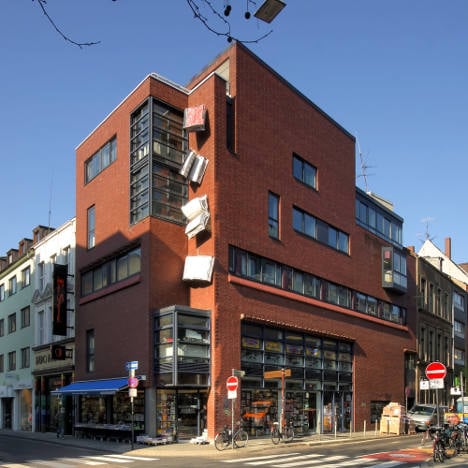
„Buchhandlung Walther König Köln (0637-39)“ by © Raimond Spekking / CC BY-SA 4.0 (via Wikimedia Commons).
First founded in Cologne in 1968, Walther König Book Store has a long-standing connection to the Cologne art scene.
Nowadays an international brand, the Cologne branch is still the best place in the city for affordable books on contemporary art and culture.
10. Van Dyck Coffee
This award-winning coffee bar and roastery is Cologne’s response to the third-wave caffeine hype. Head here for flawless flat whites, made from a selection of in-store roasted beans.
Cologne-based blogger Frederica Miller can be found at thisaintberlin or on Twitter.
SEE ALSO: What's so great about… Cologne?

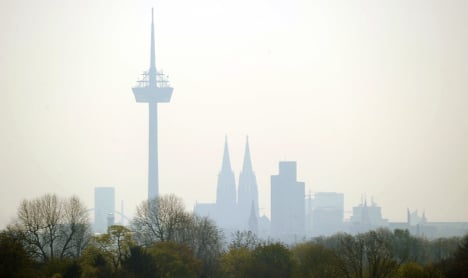
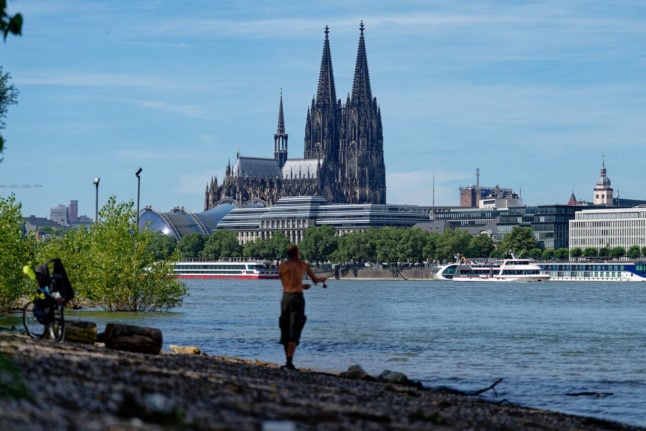
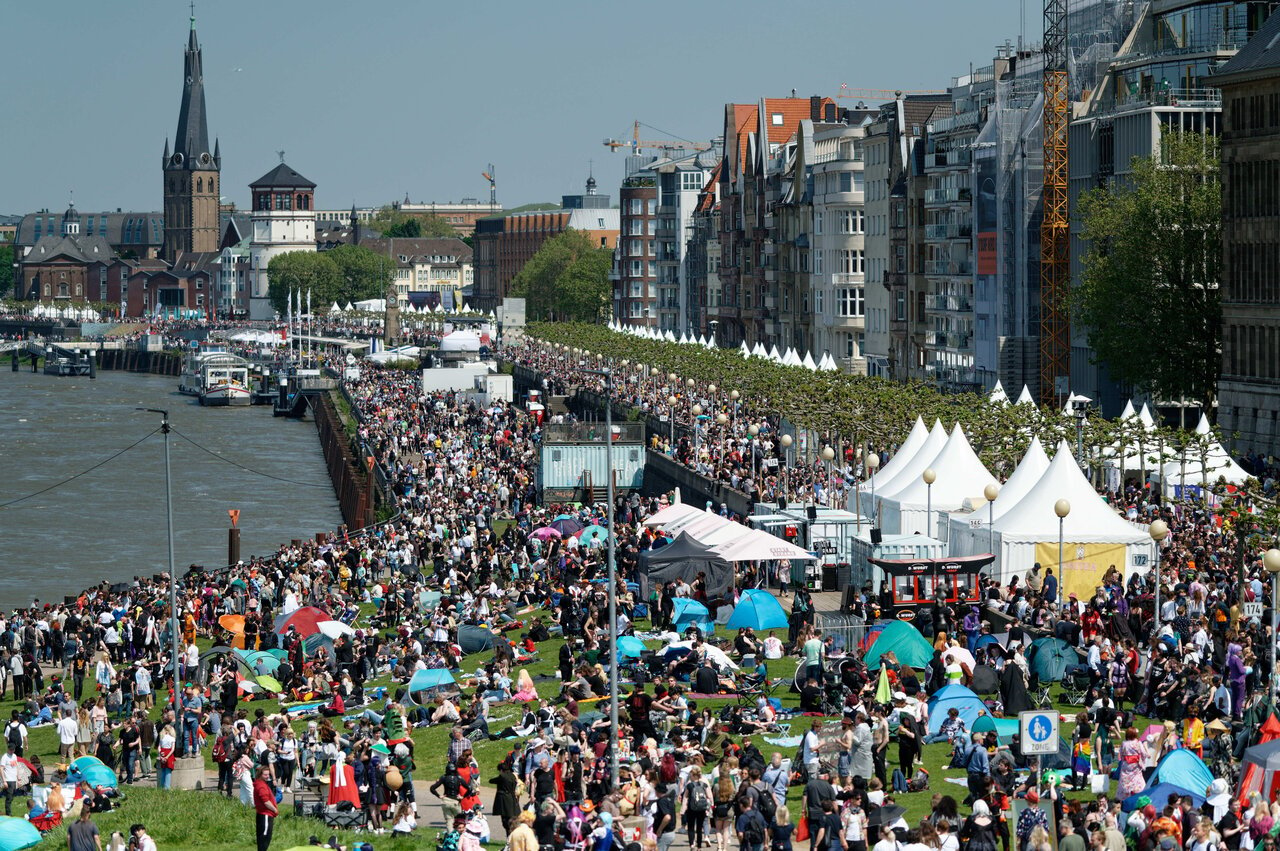
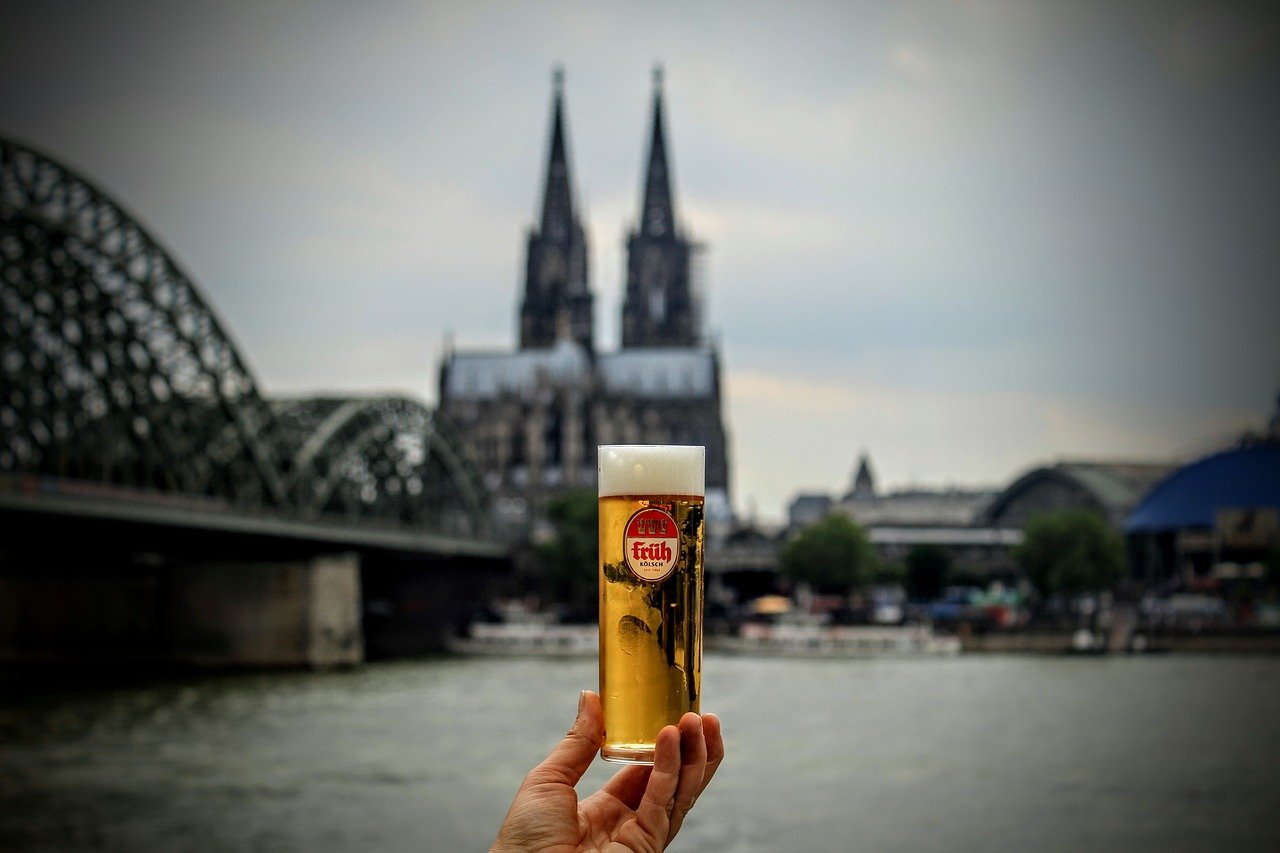
 Please whitelist us to continue reading.
Please whitelist us to continue reading.
Member comments